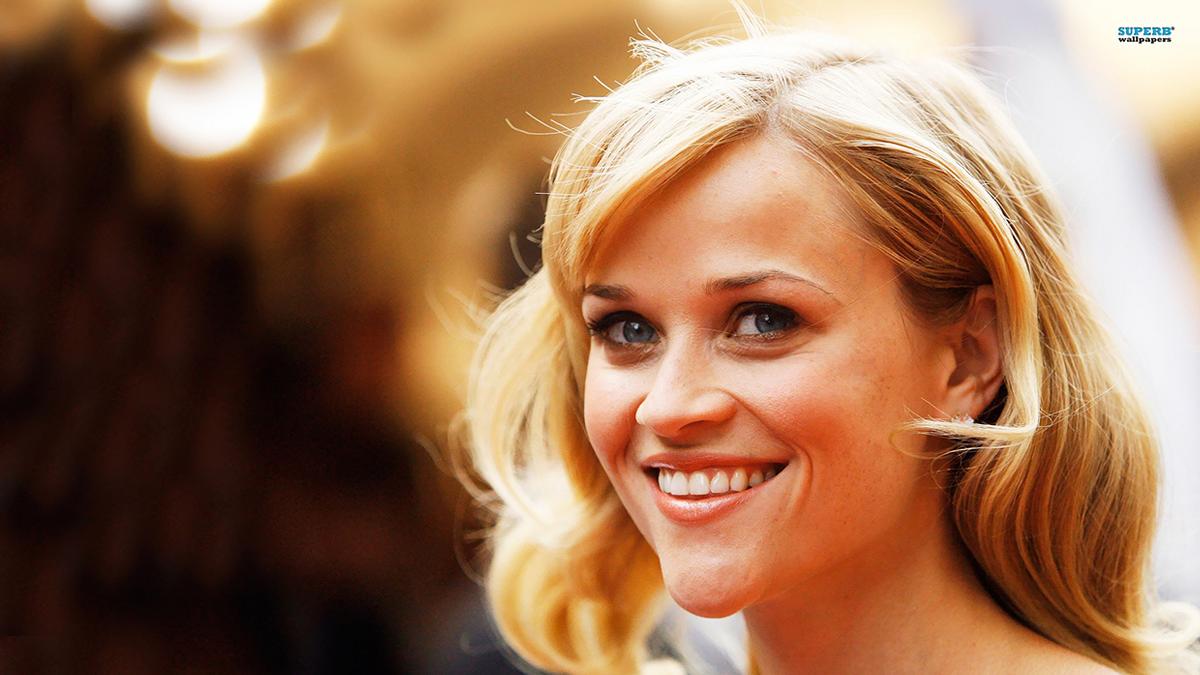
Reese Witherspoon might be well-known in Hollywood for her myriad of roles, ranging from Elle Woods in “Legally Blonde” to her Oscar-winning turn in “Walk the Line.” However, Witherspoon has added another role to her resume: producer. Witherspoon has produced two of this year’s biggest Oscar contenders, “Gone Girl” and “Wild,” and feels strongly about getting women involved in every process of film.
In an interview with Elle for their 2013 Women in Hollywood issue, Witherspoon said: "I started noticing a couple years ago that I wasn't seeing women as the stars of movies. I'm seeing them as the guys' girlfriends, or so-and-so's wife. I just thought: ‘God, if I don't start buckling down and start producing some movies, what's my daughter going to see in the movies?’"
As it happens, all of the films that she has helped to produce so far have centered around women, or featured women as the screenwriters or directors. Hollywood needs female filmmakers, not only to promote equality, though that is vital, but because women can offer unique perspectives on narrative and technical aspects — perspectives that audiences would never receive with only men at the forefront of every box office hit.

CONCERNING STATISTICS
Women directed only two of the top-grossing movies of 2013, according to the Variety article, “Hollywood Sexist? Female Directors Missing From Action,” published in January. These include Disney’s hit “Frozen,” directed by Chris Buck and Jennifer Lee, and the remake of “Carrie” directed by Kimberly Peirce.
If this statistic looks wrong to you, it should. For the steps forward that Hollywood claims to take in terms of hiring female filmmakers and screenwriters, every year gets progressively worse when it comes to big studio releases. Women make up 23.9 percent of indie filmmakers — a 2013 study from the Sundance Institute reveals — as opposed to the 4.4 percent of directors from Women in Film Los Angeles. Still, as amazing as their independent work may be, it does not do much to capture Hollywood’s attention.
At the 82nd Academy Awards in 2010, Kathryn Bigelow became the first woman in history to receive the Oscar for Best Director for her work on “The Hurt Locker.” Bigelow does remarkable work for the film industry and advocates for women in film. However, when the only female directors that people can recognize include commercial successes like Bigelow or Sofia Coppola, this proves that Hollywood has a major problem to fix with their representation of female filmmakers. Mainstream directors do excellent work and it demands recognition, but the film industry needs more than one or two consistently working female directors.
HOPE FOR THE FUTURE OF FEMALE FILMMAKING
Likewise female screenwriters prove hard to come by, though this field seems to be improving slightly faster. The recent announcement of a Ghostbusters reboot that will focus on an all female cast gave hope for a film centered around women in comedic, action-based roles instead of the bland rom-com drivel they often receive. Katie Dippold, helmer of “The Heat”, will write the screenplay. Women like Dippold, Phillipa Boyens and Fran Walsh (“The Hobbit”), and Diablo Cody (“Juno”) have provided some of the highest grossing movies in years, hopefully inspiring more of the big studios, such as Paramount and Sony, to hire women in all areas of filmmaking.
A trip to the movies should give every member of the audience an experience that not only entertains, but also enlightens them to some cause or character perspective they can identify with. When men produce, write, direct, and star in the majority of these films, it becomes hard for women to feel like cinema accurately represents them. In light of this, it remains up to audiences to make it known that they require more diversity, and then it remains up to Hollywood to take the advice to heart.







